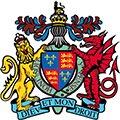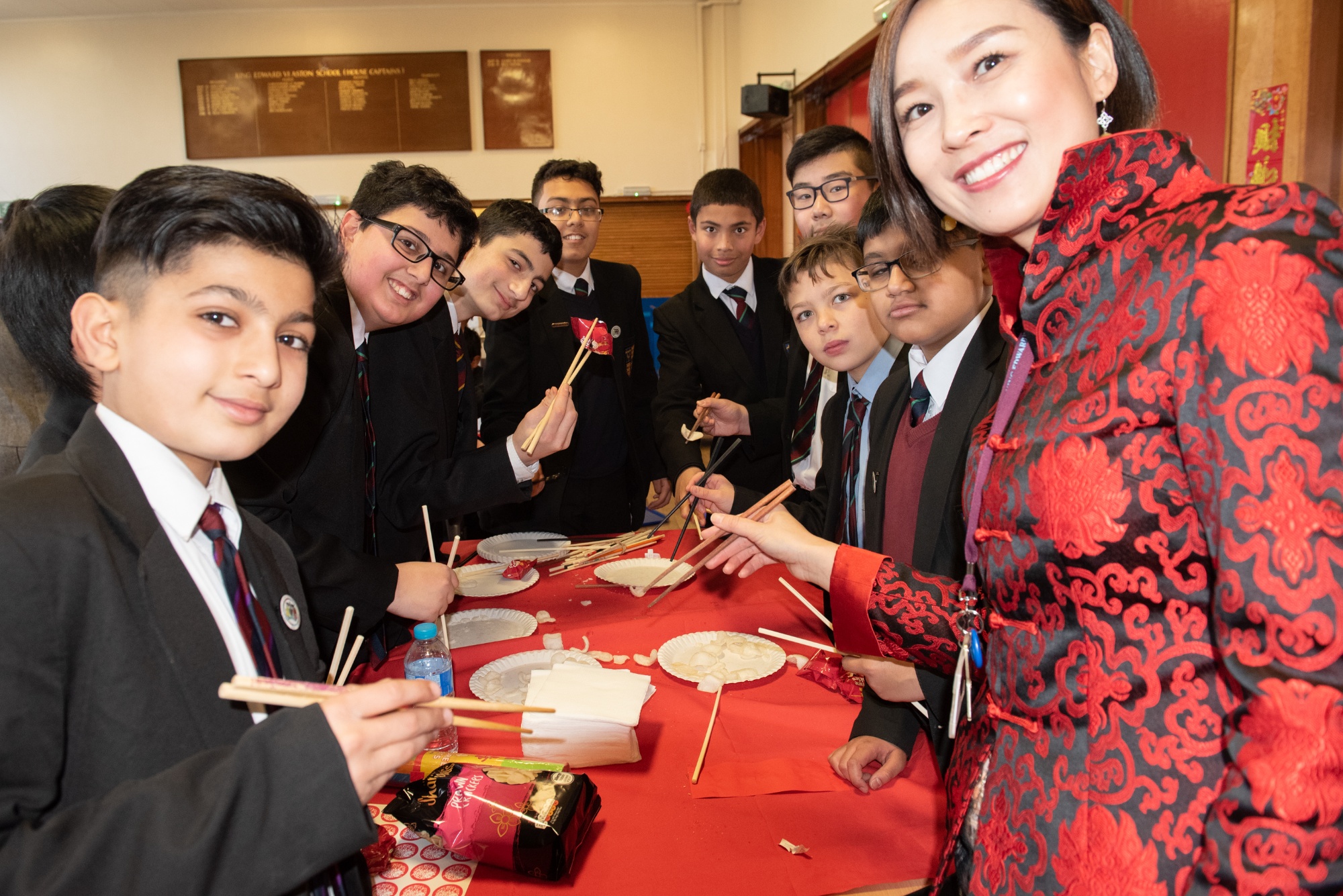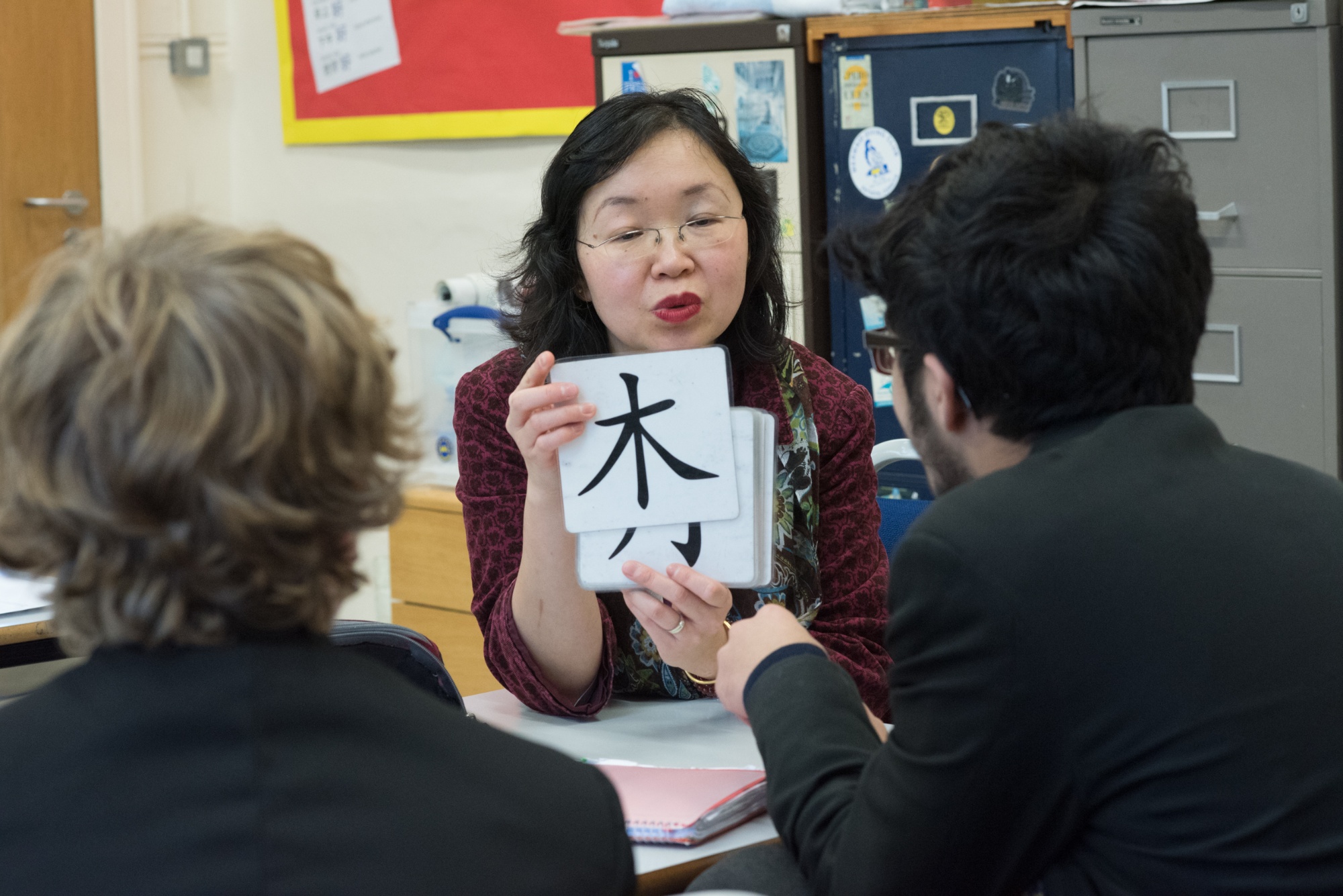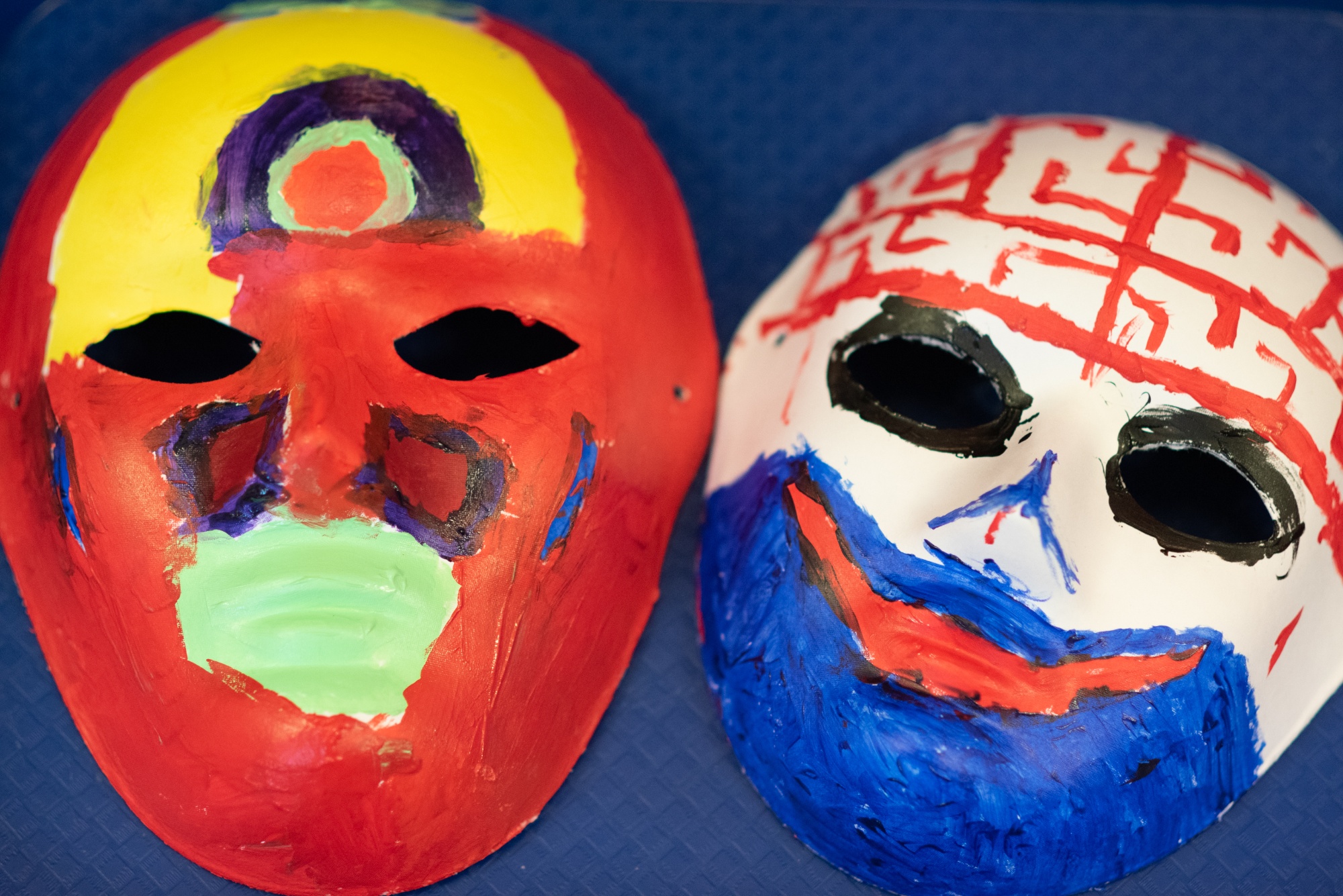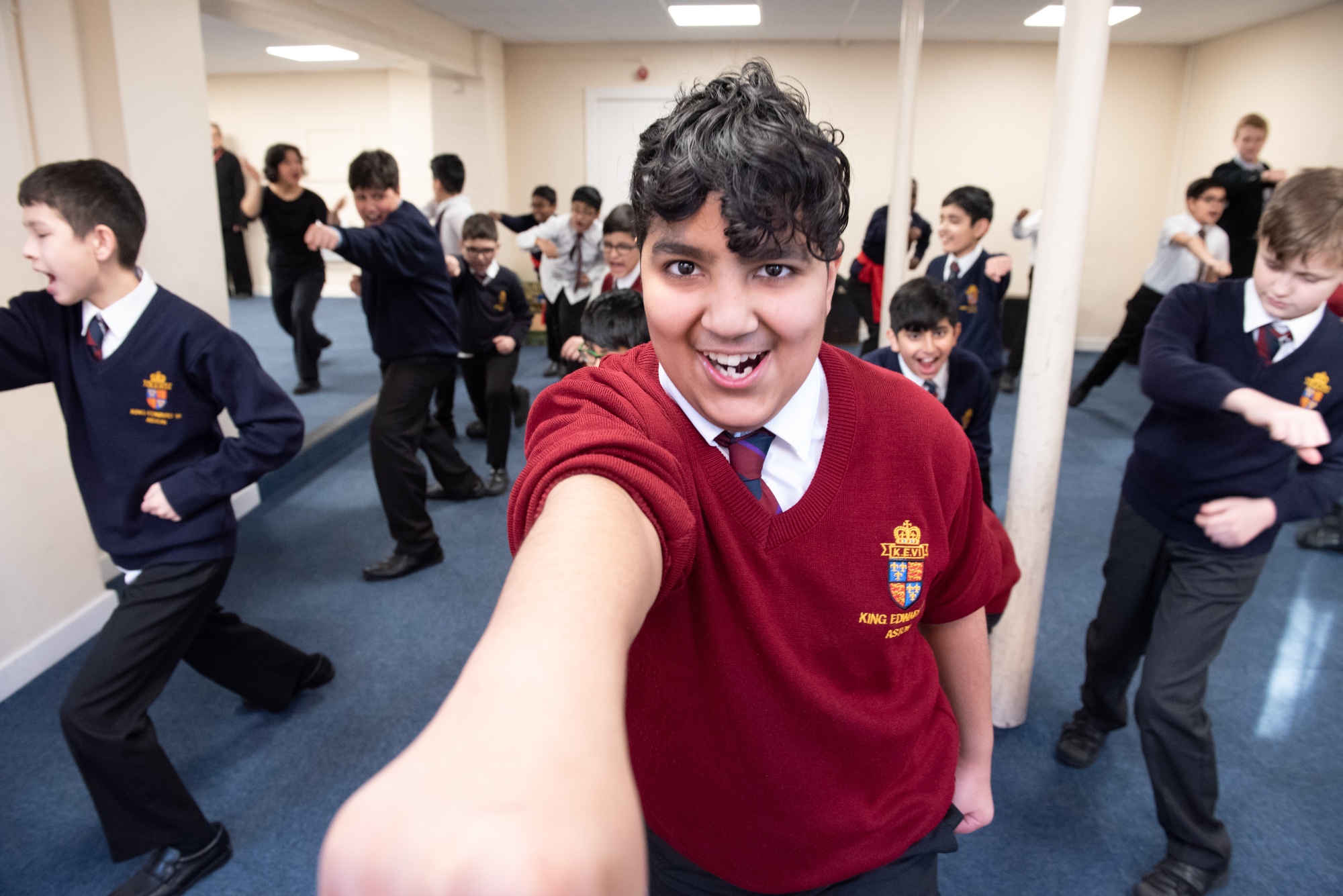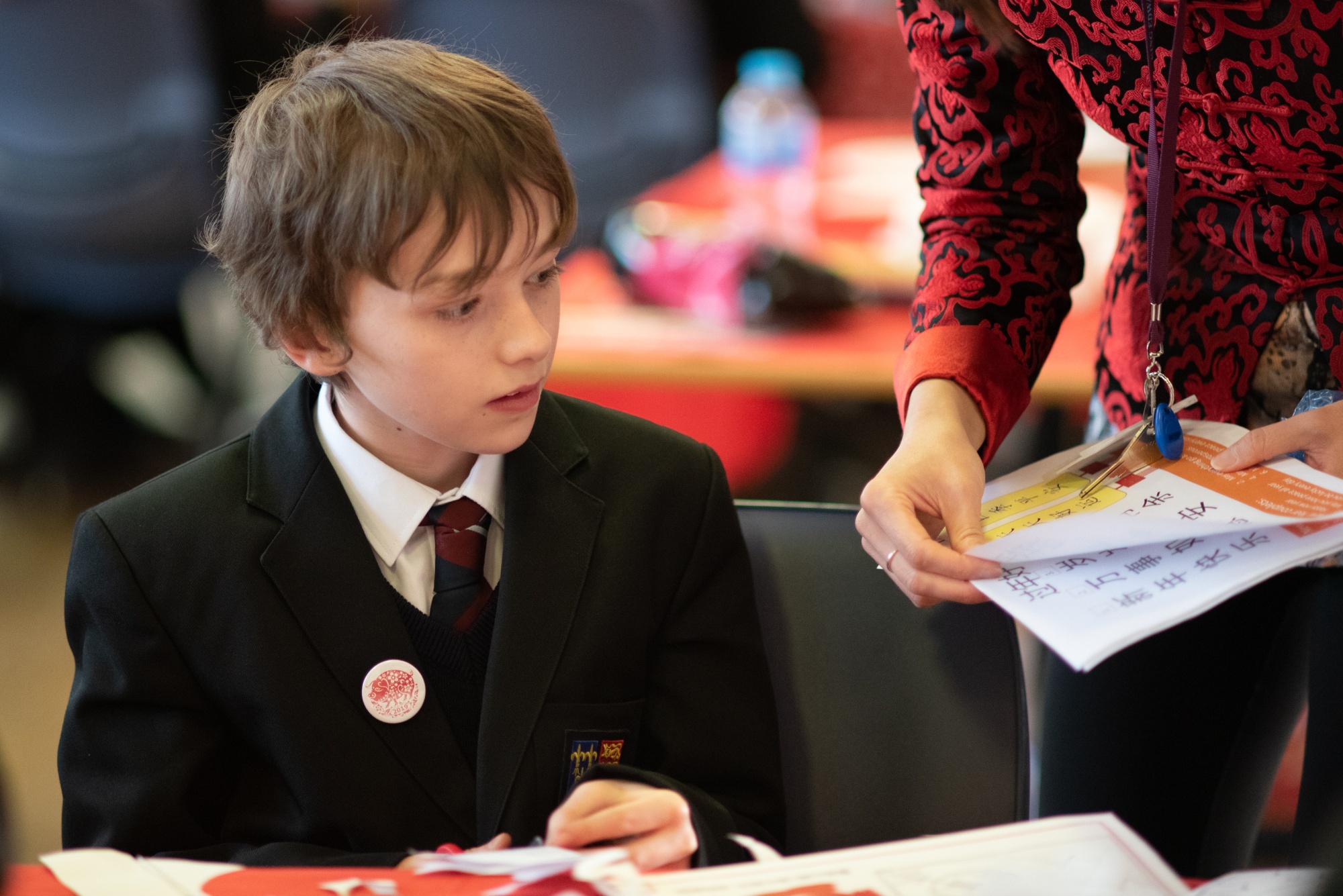Mandarin
China has a booming economy and is a rising global superpower, so learning Mandarin provides a unique and exciting opportunity for Aston students, who will have a competitive advantage in the world of business. We want our students to understand the value of these communication skills in the job market and the importance of working hard to achieve results. We aim to inspire young minds of our boys to understand the big picture, the value of learning the language, and the positive impact it can have on their lives.
We strive to provide the best opportunities for our boys to immerse themselves in the culture, language, traditions and history of China during their study of Mandarin. Due to the way in which the Mandarin programme is funded, we can ensure that all of our students have equal access to the subject regardless of different abilities and needs, and we are also able to offer a trip to China at a low cost. We ensure our boys make vertical progress in listening, speaking, reading and writing, not only through communicating using the language in the classroom, but also through applying their language skills in real life situations, which include speaking to native Chinese speakers, writing to pen pals in China etc. We also aim to offer Mandarin A Level course in the future to enable our boys to study Mandarin at university.
Staff:
- Mrs H Liu (Subject Leader)
- Mrs L Yang (Deputy Subject Leader)
- Mrs Y He
- Mrs H Huang
Support staff:
- Mrs K Connor
Trips and visits:
- Visits and workshop from Chinese martial arts and music artists.
- A Chinese restaurant trip for Year 7 boys.
- A possible trip to visit China Town and British Museum (China exhibition) in London.
- A partly-subsidised trip to visit Beijing and Shanghai in China for Year 8 and Year 9 boys. During this trip, pupils will also visit a school in China and build long-term relationships with students of the same age in China.
Year 7
| Summary of curriculum: |
The primary goal of this course is to help the learners use Mandarin to exchange information and to communicate ideas on a basic level. Students should be able to recognise 100 – 120 characters and it is expected that they will be able to write about 70 – 90 characters, in order to establish a solid foundation for character learning, students will be taught radicals (word roots) and formation about how characters were formed, so that they will learn a very effective way to memorise the pictographic and ideographic characters. They will also learn how to look up new words in the dictionary and be able to write a short paragraph in characters. Students will be able to ask and answer basic questions about their families, daily lives and personal interests using intonation and simple question words and structures. |
|---|---|
| Main topics include: |
|
| How students will be assessed during the year: |
There will be three CATs during the year. These will take place in the autumn, spring and summer terms and will reflect the most recent module studied in class. ln addition, students will complete one HTA per half term. Students will also have weekly vocabulary tests. |
| How parents can support their son’s learning: |
|
| Able & Inspired opportunities: |
|
| Useful websites: |
|
Year 8
| Summary of curriculum: |
In year 8, we begin the important work of helping the students to build on the grammar and vocabulary acquired in year 7. They also move on to more complex grammar and topic areas. We continue to study the cultural context through films, songs and literature. We will have more emphasis on communicating authentically. An integral part of the study of the culture is our trip to China. At the end of this course, they should be able to recognise over 200 characters and write over 150 characters. Students will be able to ask and answer questions about their holidays, travel in China and personal lives using a variety of question words and structures. They will be able to express agreement and disagreement and give justifications for their opinions. Students will continue to build their knowledge of present tense verbs and using time phrases in the correct word order, and will master the use of the past tense and future tense. Throughout the course students will use authentic materials to investigate the rich cultures of the Chinese-speaking world. |
|---|---|
| Main topics include: |
|
| How students will be assessed during the year: | There will be three CATs during the year. These will take place in the autumn, spring and summer terms and will reflect the most recent module studied in class. ln addition, students will complete one HTA per half term. Students will also have weekly vocabulary tests. |
| How parents can support their son’s learning: |
|
| Able & Inspired opportunities: |
|
| Useful websites: |
|
Year 9
| Summary of curriculum: |
In year 9, we strive to ensure that all students gain a deeper understanding of the grammar to which they have been introduced in years 7 and 8. Students will learn to comprehend texts with the help of new vocabulary and sentence structures and reading strategies. Students will be encouraged to manipulate the language to express and create their own ideas and hold discussions on topics related to their own life. Cultural elements will be explained and added to the learning while students progressing in their language abilities. Students will be able to recognise over 280 characters and write over 230 characters. Students will be able to ask and answer questions about their personal lives and the world around them. They will be able to express and react to opinions as well as express a range of other emotions including enthusiasm, disappointment, indifference, as well as desires and possibilities. Students will use a wide range of grammatical concepts such as adverbs; direct and indirect object pronouns; and the comparative and superlative; to write detailed texts in a range of different formats e.g. letter, comic strip, poem, review. Students will continue to build on their knowledge of the three tenses and will learn the present-perfect tense. Throughout the course students will use authentic materials to investigate the rich cultures of the Chinese-speaking world. |
|---|---|
| Main topics include: |
|
| How students will be assessed during the year: |
There will be three CATs during the year. These will take place in the autumn, spring and summer terms and will reflect the most recent module studied in class. ln addition, students will complete one HTA per half term. Students will also have weekly vocabulary tests. |
| How parents can support their son’s learning: |
|
| Able & Inspired opportunities: |
|
| Useful websites: |
|
GCSE Mandarin (Year 10 and 11)
|
Mandarin GCSE
What this course is about? |
The aims of the course are: ● To develop their ability to communicate confidently and coherently with native speakers in speech and writing. ●To express and develop thoughts and ideas spontaneously and fluently. ● To deepen their knowledge about how language works and enrich their vocabulary in order for them to increase their independent use and understanding of extended language in a wide range of contexts ● To develop awareness and understanding of the culture and identity of the countries and communities where the language is spoken ● To make appropriate links to other areas of the curriculum to enable bilingual and deeper learning, where the language may become a medium for constructing and applying knowledge ● To develop language-learning skills both for immediate use and to prepare them for further language study and use in school, higher education or employment. The GCSE Mandarin course is designed to enable students of all abilities to develop their Chinese (Mandarin) language skills to their full potential, equipping them with the knowledge to communicate in a variety of contexts with confidence. This is an ideal option for students who have an interest in a future career in banking, law, accounting, engineering, advertising, finance, teaching, interpreting and in many other sectors. We live in s global world and graduates who have knowledge of an additional language are highly rated. This GCSE covers four main skills: listening, reading, speaking and writing. Each skill accounts for 25% of the final exam. The range of skills tested means that all types of learners have an opportunity to succeed. |
|---|---|
| Where can this Subject take you? |
China has a booming economy and is a rising global superpower. Through opening itself up to the world, China has welcomed foreign investment and economic cooperation. As such, there is a massive demand for people who are able to bridge the gap between this new China and the greater world. As Chinese becomes the dominant language and cultural force for the 21st century, learning Mandarin provides a unique and exciting opportunity for our students who will have a competitive advantage in the world of business. We want our students to understand the value of these communication skills in the job market place and the importance of working hard to achieve results. |
| Head of Department: |
Mrs H Liu |
| Enrichment Opportunities |
|
| Course content and Examinations |
The GCSE qualification consists of three components:
|
| Main topics: |
Unit 1- Speaking
Unit 2: Listening/Reading
Unit 3: Programming project
|

